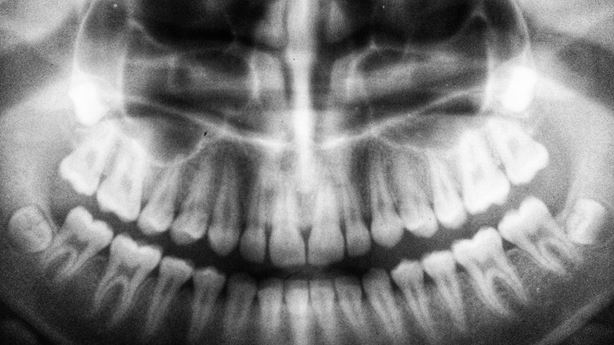How Long Should You Use Gauze after Wisdom Teeth Removal?
Our wisdom teeth, despite being useful when it comes to chewing our food, can cause us a lot of problems. Typically, people don’t get their wisdom teeth until they’re in their late teens or early twenties.
This is all due to the fact that the teeth are too large for underdeveloped jaws, making them too large for children.
The wisdom teeth, like any other teeth, are susceptible to all kinds of issues, including infection, damage, and decay. Not only that, but impacted wisdom teeth are also very common. An impacted wisdom tooth is one which is unable to emerge from the gums in the mouth, so instead it grows and develops sideways, or at a strange angle under the gumline. Needless to say, this can be extremely painful.
If you suffer with wisdom tooth issues, your dentist may have no other choice but to extract the tooth/teeth. If this is the only option your dentist has you’ll naturally be wondering what the procedure entails and how recovery will go. With a gauze for example, how long should you use a gauze after wisdom teeth removal? Well, that, and many more questions, will be answered by us shortly.
What does a wisdom tooth removal procedure entail?
While nobody relishes the prospect of visiting the dentist, especially to have a tooth extracted, the good news is that wisdom tooth extraction is a routine and fairly non-invasive procedure that your dentist could probably perform with their eyes closed.
The procedure will be performed by a dentist or skilled and qualified surgeon. First, an X-ray of your mouth will be taken to determine the severity of your issue and to determine what kind of procedure will be required.
Next, you will be given a local anaesthetic injection to numb the tooth and the surrounding area. Your dentist will then make a small incision in the gum to access the tooth. The tooth will then be carefully removed, and the area cleaned thoroughly afterwards to help reduce the risk of infection.
If an incision was made, it will be stitched up with dissolvable stitches. Your dentist may also place gauze over the extraction site and require you to bite down on it to maintain pressure on it to hold it in place to stop the bleeding.
How long should you use a gauze after wisdom teeth removal?
As mentioned, after the wisdom tooth/teeth have been removed, your dentist may place gauze over the extraction site to help stop any bleeding.
Your dentist will ask you to bite down on the gauze very gently to keep pressure on it and hold it in place for around 30 – 45 minutes.
After 30 – 45 minutes have passed you should remove the gauze and replace it with a new and clean one if there is any bleeding taking place. Make sure the gauze is directly onto the extraction site of the tooth/teeth and make sure it is held in place.
Keep the gauze in place for another hour and you should now have stopped bleeding entirely. If not, repeat the process again, or speak to your dentist if you are concerned about the bleeding.
What to do after wisdom tooth removal?
If you have undergone wisdom tooth removal, be sure to follow the following steps for the remainder of the day:
- Do not spit
- Do not smoke
- Do not use a drinking straw
- Resist the urge to touch the surgical area as bacteria on your fingers could lead to an infection
How to deal with any swelling
After having your wisdom teeth removed it’s perfectly normal for you to experience some swelling on and around the affected area. To help bring the swelling down, use an ice pack and apply it to the affected area.
What to eat after wisdom tooth removal?
Needless to say, after having your wisdom tooth/teeth removed you’re going to have to be very careful when eating and chewing.
Of course, you need to eat, but stay away from hard and crunchy foods and instead opt for soft foods, making sure to chew on the other side of your mouth.
Oral hygiene
After having your tooth/teeth removed the biggest risk you have will be of infection. The last thing you want is for bacteria to get into the open wound and to cause an infection, which is why good oral hygiene is so important.
Daily, rinse your mouth out with warm salt water and spit it away after. This will help keep the wound sterile and will help destroy any harmful bacteria that may have accumulated.
Medication
If you find that the pain is particularly bad, you may wish to use painkillers. Speak to your dentist about pain medication and be sure never to exceed the recommended daily dosage.
Book your wisdom tooth extraction now!
If you find that your wisdom teeth are causing you problems, don’t sit and hope the pain will go away by itself, instead, take action yourself. Pick up the phone and get in touch with us here at Tuart Hill Dental.
We can assist you with all kinds of wisdom tooth related issues as well as any other oral issues for that matter. We offer flexible payment plans, qualified and experienced dentists, and state-of-the-art equipment and surroundings.
If your wisdom teeth are giving you problems, get in touch now and we’ll have you on the road to recovery in no time at all.








